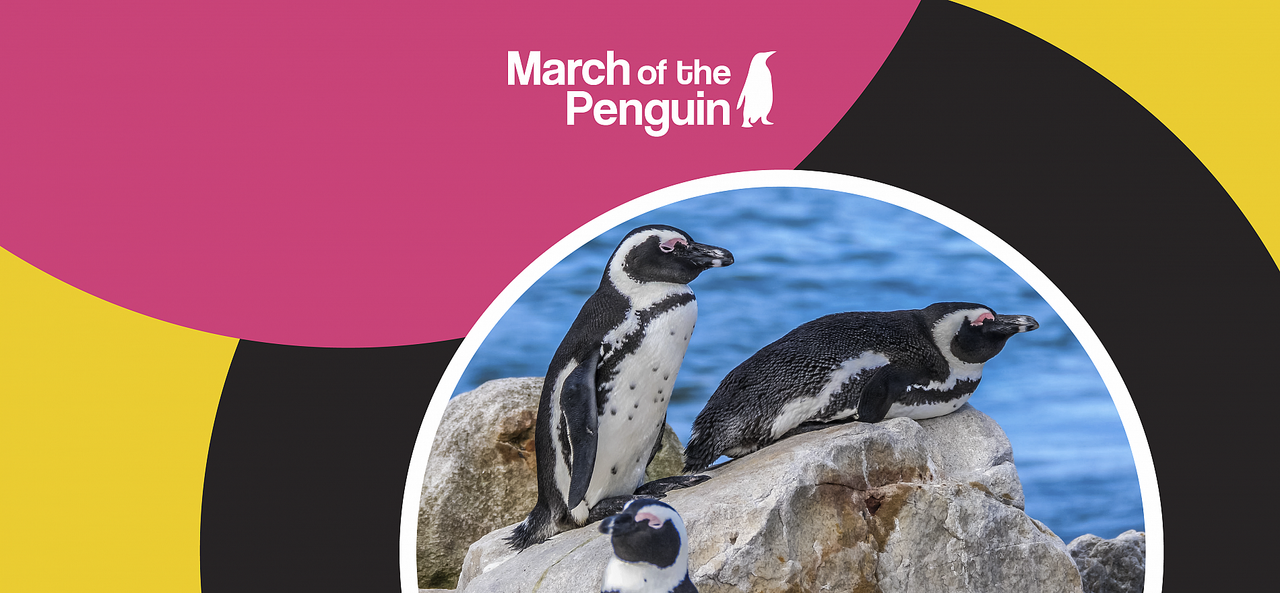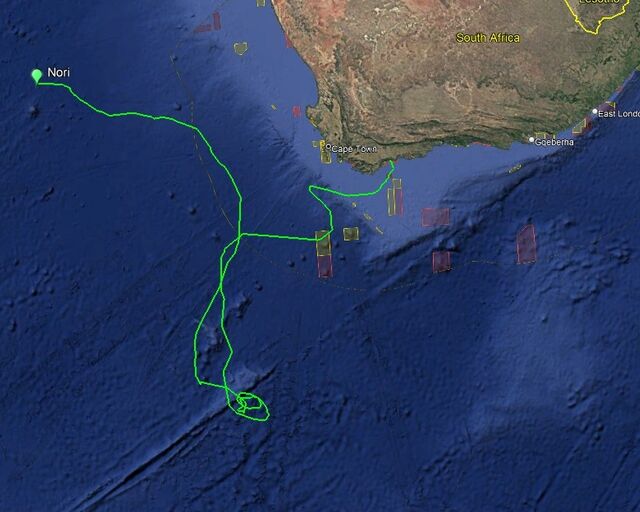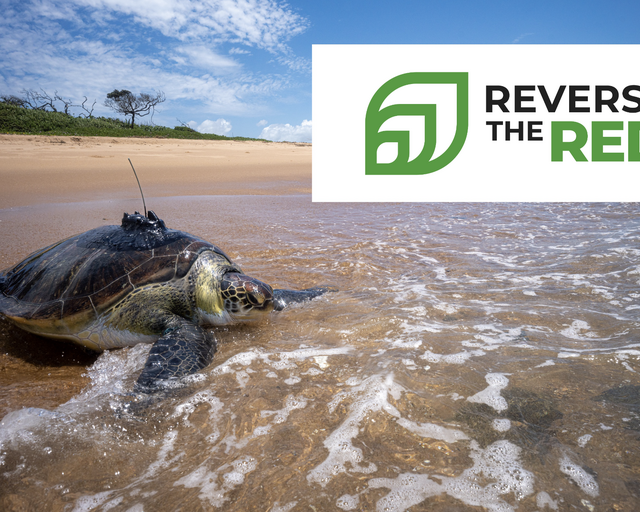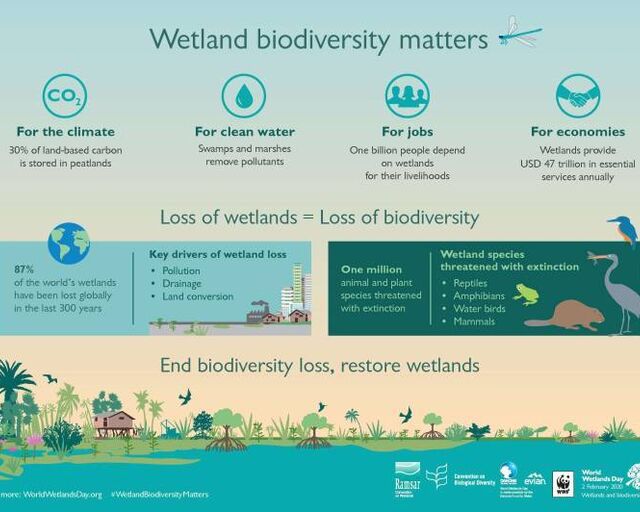South African's famously recognise the penguins of Boulders Beach - but did you know that colony is very new and the not the original home of the African penguin? Today, there are only 28 African penguin colonies around our coast, let's take a closer look at them:
Ancient island homes
African penguins are native to the small islands dotted around the southern African coast. In the past, these islands offered safety and ample nesting material in the form of guano deposits that had built up over thousands of years.
Unfortunately, overfishing of the waters around these islands, and mining of the guano on the islands, made the them largely unsuitable for penguins. 100 years ago, it was possible to find over a million penguins at Dassen Island, just one colony. Today, there are fewer than 21 000 African penguin pairs left in total.
Migrating youngsters
African penguins have always shifted their colonies back and forth to an extend. Young, single penguins swim hundreds of kilometres from their homes and may settle at other colonies - or start new ones. But this is a slow process. When the West Coast sardines were severely overfished in the 60s and 70s, young penguins moved north and south to start new colonies at Dyer Island near Gansbaai, and on Namibia's Ichaboe and Mercury Islands where they adapted to new food sources in the form of anchovies and bearded gobies.
Again in the late 1970s, thousands of penguins abandoned their nests at Dyer Island when anchovies became overfished. They started three completely new colonies at Robben Island, Stony Point and Boulders Beach (which all had abundant fish at the time).
Although this survival strategy had worked well for the penguins in the past, each mass migration shrank the penguin population. Added to this, the rapid pace of environmental change caused by human activities is something that African penguins are not equipped to cope with.
Colonies in decline
Today, the populations of the three new colonies are again in decline due to overfishing - but this time, there is no fertile fishing ground left for penguins to flee to.
Penguins are tough, they've survived poaching, oil spills, bird flu and displacement - but now their only hope of survival is human intervention. Here's how humans are helping:



